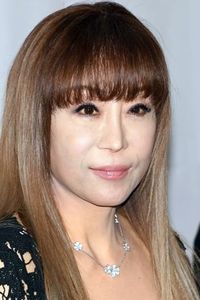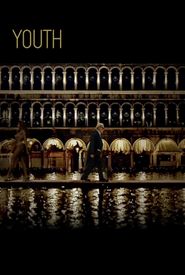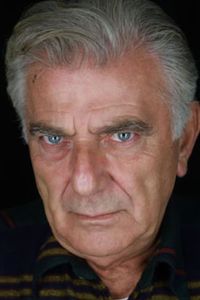South Korean lyric coloratura soprano, Sumi Jo, is a celebrated artist, born on November 22, 1962, in Changwon, South Korea. Her mother, an amateur singer and pianist, was driven to offer her daughter the opportunities she herself had never had the chance to pursue. With this in mind, she enrolled Sumi in piano lessons at the tender age of 4, recognizing the importance of musical education from a young age. Furthermore, she initiated voice lessons for Sumi at the age of 6, nurturing her daughter's vocal talents. Moreover, despite residing in a rented property, Sumi's mother demonstrated her dedication to her daughter's development by purchasing a piano for her to play, providing her with a means to hone her skills and explore her creativity.
Jo's mother, being a strict disciplinarian, took it upon herself to rigorously raise and train Jo, often utilizing a rather drastic measure by locking the door outside to prevent her from engaging in truant behavior. As a young child, Jo would dedicate an astonishing amount of time to studying music, often spending up to eight hours a day honing her skills.
In 1976, Jo entered the prestigious Sun Hwa Arts School, where she would spend the next four years immersed in a rigorous academic environment. Upon graduating in 1980, Jo was awarded dual diplomas in voice and piano, a testament to her dedication and exceptional talent.
Jo embarked on a new chapter in her musical journey by entering the esteemed department of vocal music at Seoul National University (SNU) in the year 1981, where she devoted herself to furthering her music studies until 1983.
During this pivotal period, she took the first step towards a professional music career by making a remarkable recital debut, which marked a significant milestone in her artistic development.
In addition to this notable achievement, Jo's talents were showcased through a series of concerts with the renowned Korean Broadcasting System, providing her with valuable experience and exposure.
Furthermore, her professional operatic debut took place in the esteemed production of The Marriage of Figaro, where she brought Susanna to life with her captivating performance alongside the esteemed Seoul Opera, a testament to her growing reputation as a talented vocalist.
In the year 1983, a significant turning point occurred in the life of Jo, as she made the bold decision to depart from the prestigious Seoul National University to pursue her passion for music at the esteemed Conservatorio Santa Cecilia in Rome, a renowned institution that has produced some of the most talented musicians in the world.
It was during her time at the Conservatorio Santa Cecilia that Jo had the unique opportunity to be mentored by two of the most celebrated singers of their time, the illustrious Carlo Bergonzi and the esteemed Giannella Borelli. Under their guidance, Jo honed her skills and developed her craft, laying the foundation for a successful career in music.
In 1985, Jo achieved a major milestone, graduating from the Conservatorio Santa Cecilia with dual majors in keyboard and voice. This remarkable accomplishment marked the beginning of a new chapter in Jo's life, as she set her sights on the international stage.
Following her graduation, Jo embarked on a series of studies with the legendary soprano Elisabeth Schwarzkopf, who is widely regarded as one of the most important and influential vocal coaches of the 20th century. During this period, Jo's talent and dedication were recognized and rewarded, as she went on to win several prestigious international competitions, a testament to her hard work and unwavering passion for music.
Next person biography:
Jo embarked on a remarkable journey in the world of opera, making her European debut in 1986 as the iconic protagonist Gilda in Giuseppe Verdi's timeless masterpiece, Rigoletto, at the esteemed Teatro Comunale Giuseppe Verdi in the picturesque city of Trieste.
This groundbreaking performance did not go unnoticed, as it caught the attention of the illustrious conductor Herbert von Karajan, who subsequently cast Jo in the role of Oscar in Verdi's Un ballo in maschera, opposite the renowned tenor Plácido Domingo, for the prestigious 1989 Salzburg Festival.

















